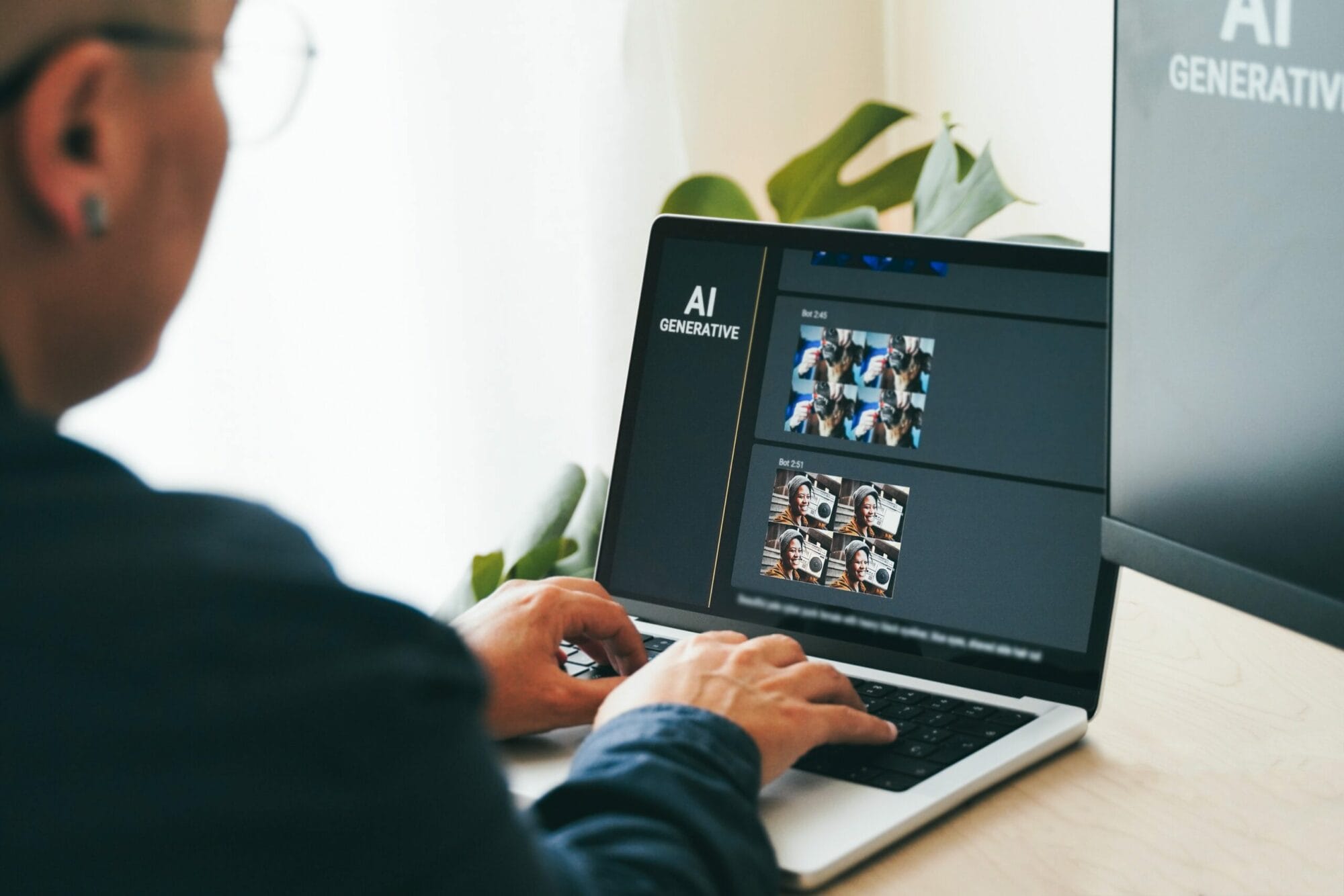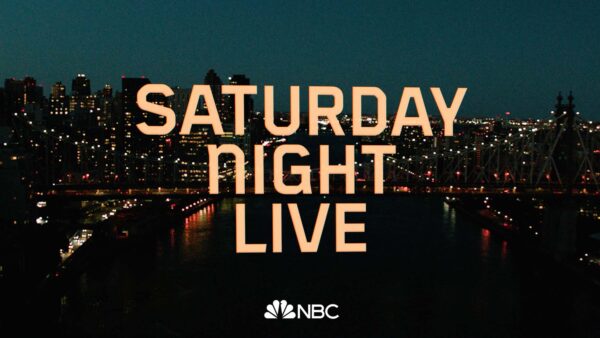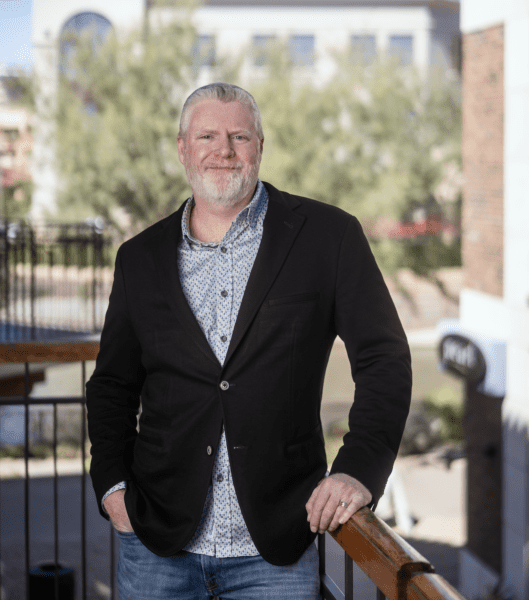By IP and AI Attorney Paul Coble | Rose Law Group

Many companies are built on creating original products that differentiate them from their competitors. Companies that put resources toward creating original works–whether it is their written work, images, video, audio, software, or even architecture–would prefer that their competitors are not freely allowed to copy their creations. Many companies believe they have exclusive rights to their creations without fully understanding the legal basis for their claim. Whether they know it or not, their assumed exclusivity relies in many cases on their creation being protectable by copyright law. As more and more companies incorporate generative artificial intelligence (AI) tools into their production, the assumption that they own the exclusive rights to their work product may invite disaster.
Copyright protects creative and expressive works and vests automatically at the time it is made. It can be used to ensure that creators of all types of subjects, from traditional artistic work like paintings and literature to more modern applications in software code, databases, and architecture, can maintain exclusivity and control over their creations. Anything that is (1) original, (2) “fixed” in a “tangible medium”, and (3) reflecting a minimum amount of human creativity can be protected by copyright. That last requirement–human creativity–is starting to cause some big problems for companies that use generative AI to create any of their work.
International copyright law has always required that works must be created by humans to be protectable. Those works created monkeys, deities, extraterrestrials, computers and other non-humans, are not protectable. For more than a century, this has been a relatively clear and non-controversial requirement. However, new generative AI tools are blurring the line between human and machine creation.
The U.S. Copyright Office has determined that most current mass-market generative AI platforms fall on the wrong side of the line and anything they create is not eligible for copyright. Effective March 16, 2023, all copyright applications must disclose and disclaim any use of generative AI to create any portion of a work that is more than de minimis. Any author that uses AI to generate portions of text, images, audio, video, or software code and fails to disclose and disclaim that material on their copyright application risks invalidating their application and forfeiting the rights associated with it. But not all hope is lost for creators.
The new generative AI tools rapidly appearing in the marketplace demand a new approach to protecting creative works. In many cases, the human-created portions can be separately registered and still protect the final version that is combined with AI-generated material. One new tactic creators can use isolating their human-created work from any part of work that is “tainted” by generative AI. This strategy works well for things like background generation or AI creation of minor elements, but is more challenging for literature and other works where the AI creation may be interspersed. In other cases, creators may be able to adjust their process with generative-AI to move their creations back over to the “human creativity” side of the line. If all else fails, creators may need to disclaim the AI-generated portions of their work, but should carefully craft the disclaimer so as not to give up more rights than necessary.
Contrary to many doomsayers, generative AI does not spell the death of art or creative works. Like many technological advancements, however, AI will forever change how we approach creative processes and how we view ownership rights in the age of machine creation.











